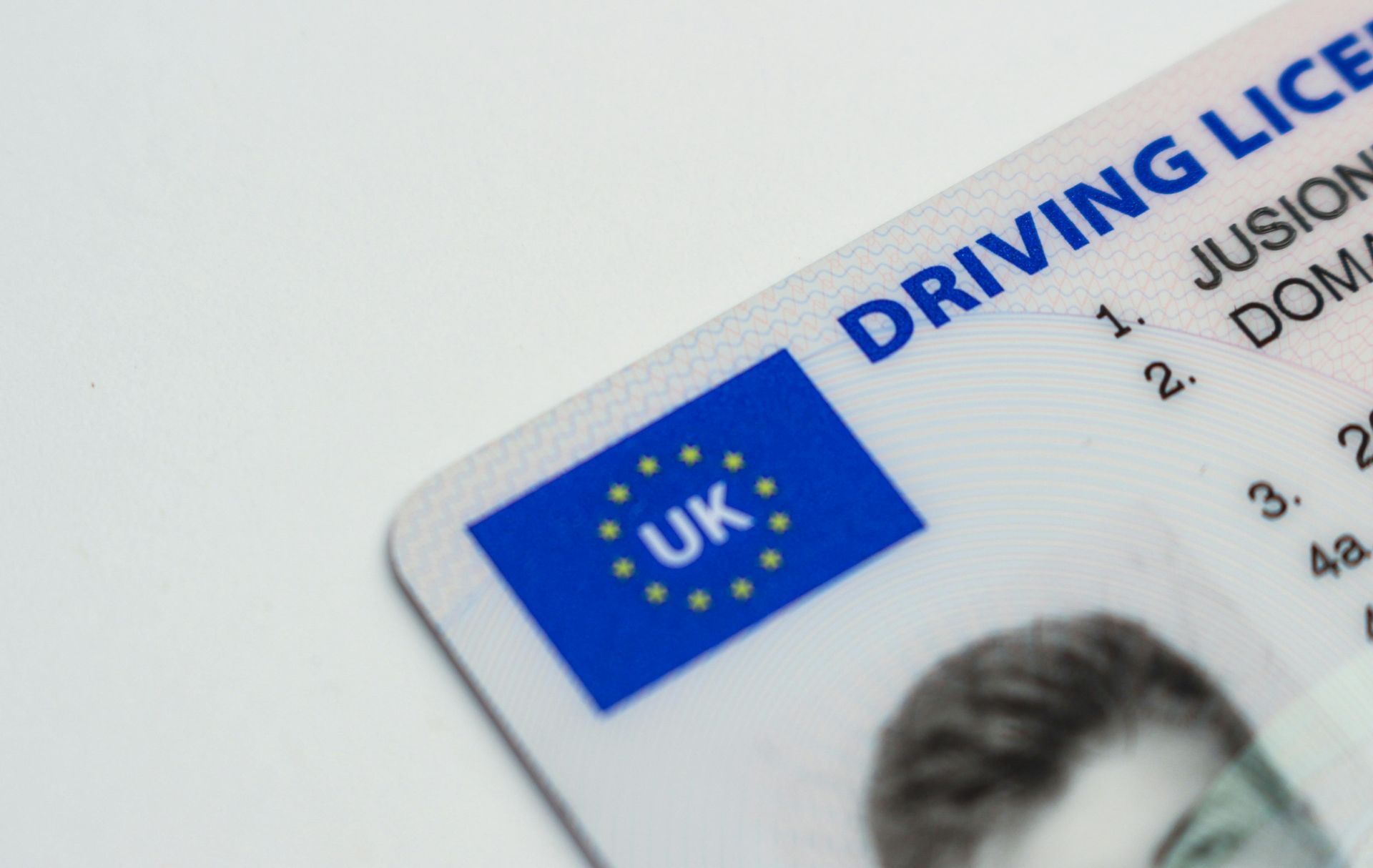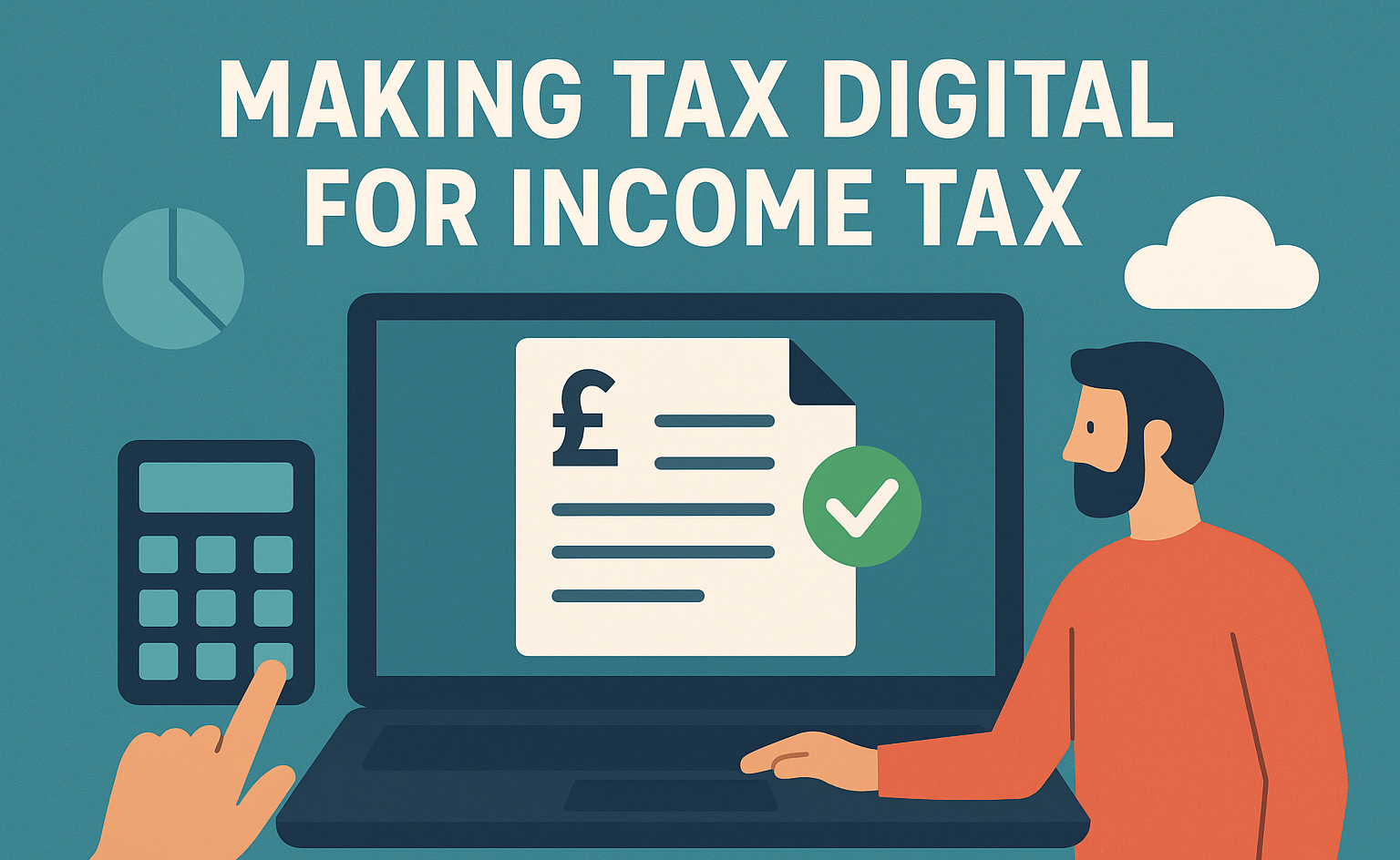October Insights
October Insights
1. Budget 2025 date – 26 November
The Chancellor will deliver Autumn Budget 2025 on
26 November 2025. The content of the Autumn Budget is anticipated to address significant fiscal challenges, including potential tax rises to address the public finance deficit.
Before turning to Autumn Budget 2025, we must note that some of the ramifications of Autumn Budget 2024 are still to come. These include:
- Capital Gains Tax (CGT) - in addition to the tax hikes that have already taken effect on 30 October 2024 and 6 April 2025, the rate of CGT where Business Asset Disposal Relief (BADR) applies is set to further increase from 14% to 18% from 6 April 2026.
- Inheritance Tax (IHT) - as initially announced in the last budget, IHT increases are already on the cards due to:
- Restrictions on 100% relief for business and agricultural property from 6 April 2026.
- The inclusion of unused pension funds and death benefits in IHT estates from 6 April 2027.
Now let’s consider some of the potential announcements in Autumn Budget 2025.
What’s unlikely to change?
Labour’s 2024 manifesto pledged that there would be no increases to National Insurance, the basic, higher or additional rates of Income Tax, or VAT.
The Corporate Tax Roadmap of October 2024 also included commitments not to increase the 25% main rate of Corporation Tax and to retain the small profits rate and marginal relief. The £1 million annual investment allowance for plant and machinery capital allowances is also due to be preserved, as is the system of permanent full expensing.
It also now seems inevitable that the thresholds will remain at their current levels until 5 April 2030, mirroring the time period for which IHT thresholds are frozen.
What could change?
- The scope of National Insurance Contributions (NICs) could be widened to include landlords, levelling the playing field with those running their own trading business.
- Pension savings are currently afforded tax relief at the saver's marginal Income Tax rate (20%, 40% or 45%). The rate could be capped at, say, 30%.
- Salary sacrifice for additional employer pension contributions is currently exempt from the Benefit In Kind rules. Removing the exemption would make the contributions subject to NICs and Income Tax.
- The rates of CGT (currently 18% for basic rate taxpayers and 24% for higher/additional rate taxpayers) could be aligned with those for Income Tax, making the rate as high as 45%.
- There may be further restrictions to available IHT reliefs, possibly by introducing limits on exempt lifetime gifting.
- The VAT registration threshold, currently £90,000, may be lowered or abolished.
- The rate of VAT on domestic fuel is currently 5%. There are rumours that, in order to help with the cost of living crisis, such supplies will become zero-rated.
2. State Pension Set for Rise
From April, people drawing the state pension may see an increase of more than £500 a year, thanks to the government’s triple lock guarantee. The policy means the pension rises each year by whichever is higher: 2.5%, inflation, or average wage growth.
The latest figures from the Office for National Statistics suggest that the average earnings growth of 4.7% will be the measure used.
For those on the new state pension (anyone reaching state pension age after April 2016), the weekly amount for a full entitlement is expected to increase to £241.05, or £12,534.60 a year. That’s a rise of £561.60 compared with now.
For those on the old basic state pension, the increase is expected to take the full weekly payment to £184.75, or £9,607 a year, an annual rise of £431.60.
Tax Implications
While this is welcome news for pensioners’ incomes, there’s another angle to consider. The personal income tax allowance - the amount you can earn tax-free each year - is set to remain frozen at £12,570 until 2028. With the new state pension edging ever closer to this level, many pensioners who rely mainly on the state pension could find themselves paying tax for the first time by 2027.
While many pensioners already pay income tax due to other sources of retirement income, this freeze, combined with steady increases in the state pension, will pull more people into the tax net over the next few years.
What This Means for You
Any rise in the state pension will provide some welcome relief against the continuing increases in the cost of living. However, with frozen tax thresholds, the effect on your disposable income may be less than you would first think.
3. Contactless Payments: Could the £100 Limit Soon Disappear?
The Financial Conduct Authority (FCA) has launched proposals that could see the £100 limit on contactless card payments raised - or even removed altogether. If agreed, shoppers may soon be able to pay for larger supermarket trips or restaurant bills with just a tap, without needing to enter a PIN.
Why now?
When contactless payments were introduced in 2007, the limit was only £10. It has been raised gradually over time, most recently to £100 in October 2021.
The FCA says this latest proposal reflects both rising prices and the way technology is changing how people pay. Digital wallets on smartphones already allow unlimited contactless payments because of the added security from face ID or fingerprint checks. As a result, many are now using their smartphone to pay rather than using a card.
How it would work
Under the new plans, banks and card providers - not the FCA - would decide whether to raise limits. Some may even let customers set their own cap, or keep the limit lower if they prefer. Payment terminals would also need reprogramming to accept higher-value card transactions.
Concerns about fraud
Each increase in the limit has raised questions about security. The FCA has put forward this most recent proposal despite consumers and industry respondents already saying they preferred the current rules.
The FCA admits in its own analysis that higher limits would likely increase losses from fraud, but it says detection systems are improving. It also stresses that consumers remain protected: they would be refunded if their card was used fraudulently.
At present, safeguards already require a PIN if a series of contactless payments exceeds £300 or if more than five transactions are made in a row. Many banks also allow customers to lower their own contactless limit or switch it off entirely.
Next steps
The FCA’s consultation runs until 15 October, and changes could be introduced early next year. If adopted, the four-digit PIN could become an increasingly rare part of everyday shopping.
4. Digital ID to Become Mandatory for Right to Work Checks
The government has announced its plan to introduce a new digital ID scheme, which will become the standard way to complete Right to Work checks by the end of the current Parliament.
The digital ID will be available to all UK citizens and legal residents and will be stored securely on mobile phones in the same way as the NHS App or contactless payment methods.
The new system should make compliance simpler for employers carrying out Right to Work checks. Guidance will follow as the roll-out progresses, with a consultation later this year to help shape how the service works.
The government has confirmed there will be options for people unable to use smartphones, and security will be built in through encryption and authentication technology.
For now, employers should watch for updates and prepare for digital checks becoming mandatory.
5. ICO Reminds Businesses to Strengthen Cyber Security
What practical steps can your business take?
The increasing prevalence of cyber-attacks has led the Information Commissioner’s Office (ICO) to remind businesses to review their security measures and protect any personal information they hold.
According to government figures, UK businesses experienced an estimated 7.7 million cyber-crimes over the past year. Most small businesses store personal information and rely on digital systems.
Ian Hulme, Executive Director for Regulatory Supervision at the ICO, said: “When people share their personal information with your company, they need to feel confident you’ll do as much as possible to keep that information secure. While cyber-attacks can be very sophisticated, we find that many organisations are still neglecting the very foundations of cyber security.”
Practical steps for businesses
The ICO recommends a number of straightforward actions to strengthen data security:
- Back up data regularly, test the backups and ensure the backup is kept separate from your live data source.
- Use strong passwords (three random words is a good approach) and enable multi-factor authentication where possible.
- Be careful about what you say and what documents you have on your screen that others could see, particularly if you work in a public place.
- Be alert to phishing emails, especially those demanding urgent action or payment.
- Install and update anti-virus protection on all devices, including those used at home or remotely.
- Secure your devices by locking screens when unattended and keeping equipment out of sight.
- Avoid public Wi-Fi or use a secure VPN when working away from the office.
- Limit access to data so that staff only see what they need for their role.
- Take care when sharing information, whether via email or by screen-sharing in meetings.
- Only keep data as long as necessary, and ensure old IT equipment is securely wiped before disposal.
Reporting breaches
If a business suffers a data breach as a result of a cyber-attack, it must be reported to the ICO within 72 hours of becoming aware of it.
Further guidance is available on the ICO’s website.

Edited by - Peter Burns - Senior Client Manager at England & Company










